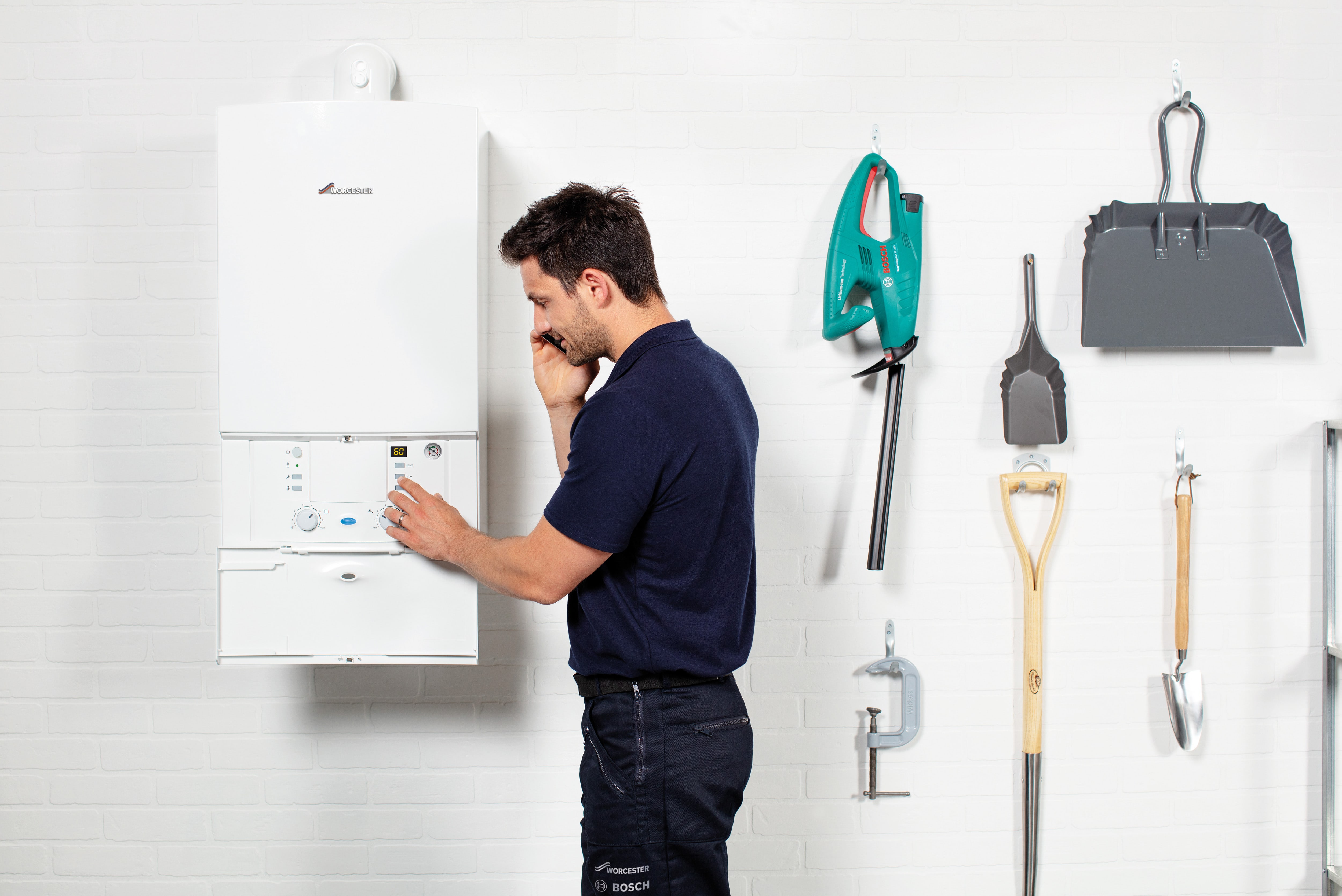Choosing the Right Boiler: Expert Tips for Southampton Homeowners
Choosing the right boiler for your home in Southampton is crucial for ensuring comfort, efficiency, and long-term savings on energy bills. Whether you're replacing an outdated system or installing a new boiler, understanding the key factors that influence your decision can help you make an informed choice. Here’s a comprehensive guide with expert tips to assist Southampton homeowners in selecting the perfect boiler for their needs.
1. Consider Your Heating Needs
The first step in choosing the right boiler is to assess your household’s heating requirements. Factors to consider include:
Size of Your Home: Larger homes with multiple bathrooms and rooms may require a boiler with a higher output capacity to ensure sufficient heating and hot water supply.
Hot Water Demand: Evaluate your typical hot water usage patterns to determine whether a combi boiler, which provides instant hot water on demand, or a system boiler with a hot water cylinder is more suitable.
Space Availability: Consider the space available for installation. Combi boilers are compact and do not require additional tanks or cylinders, making them ideal for homes with limited space.
Understanding your heating needs ensures that the chosen boiler meets your household’s requirements efficiently.
2. Types of Boilers Available
Boilers come in several types, each offering unique features and benefits:
Combi Boilers: Combines a high-efficiency water heater and central heating boiler in one unit. They are compact, energy-efficient, and provide hot water on demand without the need for a hot water cylinder.
System Boilers: Incorporate a hot water storage cylinder, making them suitable for homes with high hot water demand. They are compatible with solar water heating systems for increased energy efficiency.
Conventional Boilers: Also known as regular or heat-only boilers, they require a hot water cylinder and cold-water storage tank. They are ideal for homes with multiple bathrooms and high hot water demand.
Choosing the right type of boiler depends on your home’s layout, hot water usage, and space availability.
3. Energy Efficiency Ratings
When replacing a boiler in Southampton, prioritize energy efficiency to reduce your carbon footprint and lower energy bills. Modern boilers come with energy efficiency ratings, such as ErP (Energy-related Products) ratings, which indicate their efficiency in converting fuel into heat. Look for boilers with high efficiency ratings (A-rated) to maximize energy savings over the boiler’s lifespan.
4. Professional Installation and Maintenance
Opting for professional installation by qualified heating engineers in Southampton is essential for ensuring the boiler operates safely and efficiently. Gas boilers must be installed by Gas Safe registered engineers to comply with safety regulations and manufacturer warranties. Professional installation also includes sizing the boiler correctly for your home’s heating demands and ensuring all components are installed according to manufacturer specifications.
Additionally, regular maintenance by professionals ensures the boiler continues to operate efficiently and extends its lifespan. Schedule annual servicing to keep the boiler in optimal condition and identify any potential issues before they escalate.
5. Long-Term Cost Considerations
While upfront costs are important, consider the long-term savings and benefits of investing in a high-quality, energy-efficient boiler. Modern boilers with advanced features, such as programmable thermostats and smart controls, offer enhanced efficiency and comfort while reducing heating costs over time. Calculate potential energy savings based on the boiler’s efficiency rating and compare operating costs with your current system to determine the overall cost-effectiveness of the upgrade.
6. Additional Features and Considerations
Smart Controls: Opt for boilers with smart controls that allow remote operation and programming via smartphone apps. Smart thermostats enable you to adjust heating schedules and temperatures from anywhere, improving convenience and energy management.
Noise Levels: Consider the noise levels of the boiler, especially if it’s located near living spaces. Modern boilers are designed for quieter operation, enhancing comfort in your home.
Warranty Coverage: Review the warranty offered by the manufacturer, which typically covers parts and labor for a specified period. Ensure the warranty remains valid by choosing professional installation and adhering to maintenance requirements.
7. Environmental Impact
Reducing your home’s environmental impact is increasingly important. Choose a boiler with lower emissions and high energy efficiency to minimize carbon emissions and contribute to sustainability efforts. Explore options for integrating renewable energy sources, such as solar thermal systems, with your boiler to further reduce your carbon footprint.


Comments
Post a Comment